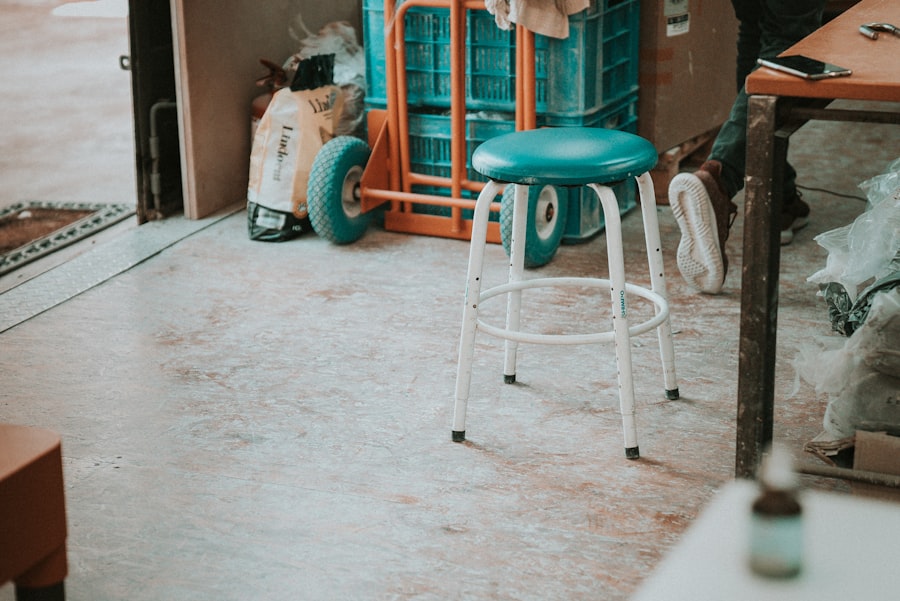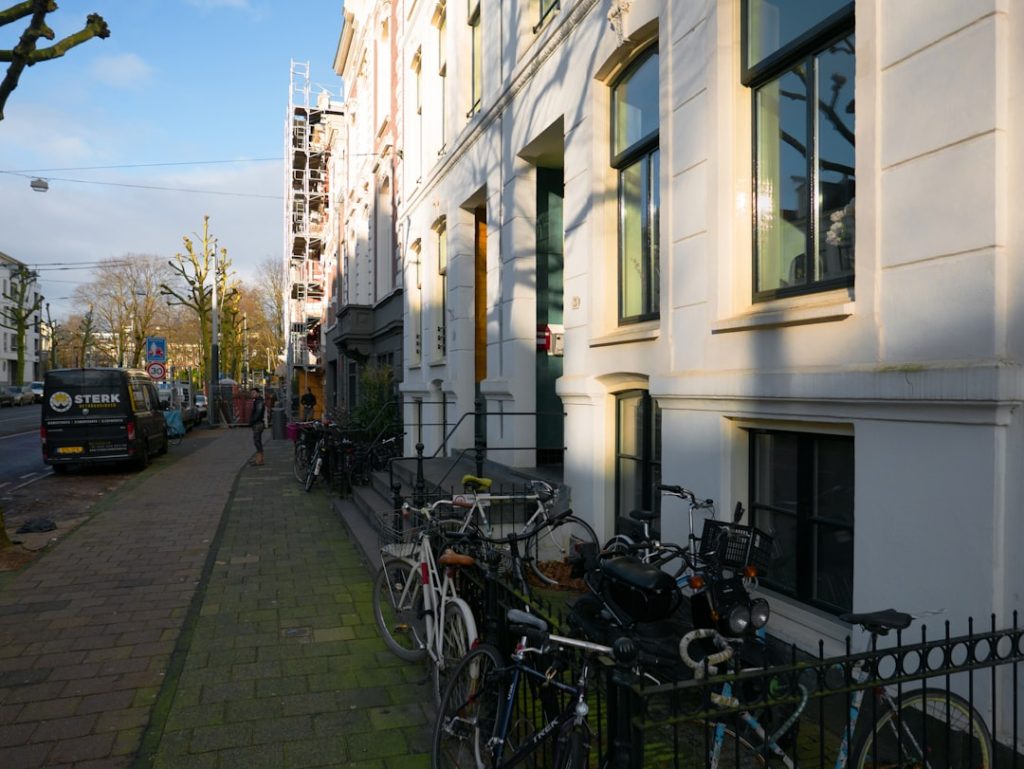Chickens are highly susceptible to heat stress, particularly during summer months. Recognizing signs of heat stress is crucial for chicken owners to maintain their flock’s health and safety. Common indicators include panting, wings held away from the body, reduced egg production, lethargy, and decreased appetite.
More severe symptoms may involve drooping combs and wattles, collapse, or even death. Early detection through vigilant observation is essential in preventing serious health issues or fatalities. Certain factors increase a chicken’s vulnerability to heat stress.
Breeds with feathered legs or heavy plumage may struggle more with temperature regulation. Older birds and young chicks are also at higher risk. Understanding these susceptibilities allows chicken owners to implement targeted preventive measures.
Awareness of heat stress signs and risk factors is fundamental for maintaining flock well-being during hot weather. This knowledge enables chicken owners to take appropriate action, ensuring their birds remain healthy and comfortable in challenging conditions.
Table of Contents
- 1 Providing adequate shade and shelter for chickens
- 2 Ensuring proper ventilation in the chicken coop
- 3 Offering cool treats and fresh water to chickens
- 4 Adjusting feeding and watering schedules for hot weather
- 5 Using fans and misters to cool the chicken coop
- 6 Monitoring and managing the overall health of chickens during hot weather
- 7 FAQs
- 7.1 What are some signs that chickens are overheated?
- 7.2 How can I keep my chickens cool in the summer heat?
- 7.3 What are some ways to provide shade for chickens?
- 7.4 How often should I change the water for my chickens in hot weather?
- 7.5 Can I give my chickens frozen treats to help them cool down?
Key Takeaways
- Panting, lethargy, and reduced egg production are signs of heat stress in chickens
- Provide adequate shade and shelter to protect chickens from direct sunlight
- Ensure proper ventilation in the chicken coop to prevent heat buildup
- Offer cool treats and fresh water to help chickens stay hydrated and cool
- Adjust feeding and watering schedules to avoid peak heat times
- Use fans and misters to cool the chicken coop during hot weather
- Monitor and manage the overall health of chickens to prevent heat-related illnesses
Providing adequate shade and shelter for chickens
Providing Natural and Artificial Shade
One of the most effective ways to protect chickens from heat stress is by providing them with adequate shade and shelter. This can be achieved by ensuring that the chicken coop is situated in a location that offers natural shade, such as under trees or near buildings. Additionally, it’s important to provide artificial shade within the coop itself, such as by using tarps or awnings to block out direct sunlight.
Creating a Cooler Environment
Chicken owners can also consider planting shrubs or installing shade cloth to create a cooler environment for their flock. This can help to reduce the temperature and provide a more comfortable living space for the chickens.
Ensuring Proper Ventilation
In addition to shade, it’s essential to provide proper ventilation within the chicken coop to prevent the buildup of heat. This can be achieved by installing windows, vents, or fans to promote air circulation and reduce the temperature inside the coop.
By providing adequate shade and shelter, chicken owners can significantly reduce the risk of heat stress in their flock and create a more comfortable living environment for their birds during hot weather.
Ensuring proper ventilation in the chicken coop

Proper ventilation is crucial for maintaining a comfortable and healthy environment for chickens, especially during hot weather. Without adequate ventilation, the buildup of heat and humidity inside the coop can lead to heat stress and other health issues for the flock. To ensure proper ventilation, chicken owners should consider installing windows, vents, or fans in the coop to promote air circulation and reduce the temperature inside the space.
Additionally, it’s important to regularly clean and maintain the coop to prevent the buildup of dust and debris that can impede airflow. Another important aspect of ventilation is managing the humidity levels within the coop. High humidity can exacerbate the effects of heat stress on chickens, so it’s important to take measures to reduce moisture buildup within the coop.
This can be achieved by using absorbent bedding materials, such as straw or wood shavings, and regularly removing soiled bedding to maintain a dry environment for the flock. By ensuring proper ventilation and managing humidity levels, chicken owners can create a more comfortable and healthy living environment for their birds during hot weather.
Offering cool treats and fresh water to chickens
In addition to providing shade and shelter, offering cool treats and fresh water is essential for helping chickens stay cool and hydrated during hot weather. Cool treats such as frozen fruits and vegetables can provide a refreshing source of hydration for chickens while also helping to lower their body temperature. Some popular options for cool treats include frozen berries, watermelon, cucumbers, and even frozen yogurt or ice cubes.
These treats not only provide essential hydration but also offer a fun and enriching activity for the flock. Fresh water is also crucial for preventing heat stress in chickens. It’s important to ensure that chickens have access to clean and cool water at all times, as dehydration can quickly lead to serious health issues in hot weather.
Chicken owners should regularly check water sources to ensure they are clean and free from contaminants, and consider adding ice or frozen water bottles to keep the water cool throughout the day. By offering cool treats and fresh water, chicken owners can help their flock stay hydrated and comfortable during hot weather.
Adjusting feeding and watering schedules for hot weather
During hot weather, it’s important for chicken owners to adjust their feeding and watering schedules to accommodate the needs of their flock. Chickens may have a decreased appetite during hot weather, so it’s important to offer smaller, more frequent meals throughout the day rather than one large meal. This can help prevent overeating and reduce the metabolic heat generated during digestion.
Additionally, offering high-moisture foods such as fruits and vegetables can help keep chickens hydrated while also providing essential nutrients. In terms of watering schedules, it’s important to ensure that chickens have access to fresh water at all times. In hot weather, chickens may drink more frequently to stay hydrated, so it’s crucial to regularly check water sources and refill them as needed.
Chicken owners should also consider adding electrolytes or vitamins to the water to help replenish essential nutrients lost through sweating and panting. By adjusting feeding and watering schedules to accommodate the needs of their flock during hot weather, chicken owners can help prevent heat stress and maintain the overall health of their birds.
Using fans and misters to cool the chicken coop

Effective Cooling Methods
Fans and misters can be effective tools for cooling the chicken coop during hot weather. Fans can help promote air circulation and reduce the temperature inside the coop, while misters can provide a fine spray of water that evaporates quickly, creating a cooling effect. By strategically placing fans and misters within the coop, chicken owners can create a more comfortable living environment for their flock and reduce the risk of heat stress.
Optimizing Placement and Timing
When using fans and misters, it’s important to consider the placement and timing to maximize their effectiveness. Fans should be positioned to promote airflow throughout the entire coop without creating drafts that could cause discomfort for the chickens. Additionally, misters should be used sparingly to avoid creating excessive humidity within the coop.
Strategic Use for a Comfortable Flock
By using fans and misters strategically, chicken owners can help keep their flock cool and comfortable during hot weather.
Monitoring and managing the overall health of chickens during hot weather
Finally, it’s crucial for chicken owners to closely monitor and manage the overall health of their flock during hot weather. This includes regularly checking for signs of heat stress, such as panting, lethargy, and decreased egg production, as well as observing the behavior and condition of individual birds. In addition to physical signs of heat stress, it’s important to pay attention to changes in behavior or social dynamics within the flock, as these can also indicate underlying health issues.
In addition to monitoring their flock, chicken owners should also take proactive measures to manage their overall health during hot weather. This includes providing a balanced diet with essential nutrients, maintaining a clean living environment, and practicing good biosecurity measures to prevent the spread of disease. Regular health checks by a veterinarian can also help ensure that any potential health issues are addressed promptly.
By monitoring and managing the overall health of their flock during hot weather, chicken owners can help prevent heat stress and maintain the well-being of their birds throughout the summer months. In conclusion, understanding how to recognize and prevent heat stress in chickens is essential for ensuring the well-being of the flock during hot weather. By providing adequate shade and shelter, ensuring proper ventilation, offering cool treats and fresh water, adjusting feeding and watering schedules, using fans and misters, and monitoring overall health, chicken owners can help protect their flock from the dangers of heat stress while creating a comfortable living environment for their birds.
With proactive measures and careful observation, chicken owners can help their flock stay healthy and happy throughout the summer months.
If you’re looking for more information on keeping chickens cool in the summer heat, you might also be interested in learning about how long it takes for chicken eggs to hatch naturally. Check out this article for helpful tips on hatching chicken eggs.
FAQs
What are some signs that chickens are overheated?
Some signs that chickens are overheated include panting, holding their wings away from their bodies, reduced egg production, and lethargy.
How can I keep my chickens cool in the summer heat?
You can keep your chickens cool in the summer heat by providing plenty of shade, ensuring they have access to fresh, cool water at all times, and using fans or misters to create a cooling breeze in the coop.
What are some ways to provide shade for chickens?
You can provide shade for chickens by using natural shade from trees or shrubs, setting up umbrellas or tarps in the chicken run, or creating a covered area within the coop.
How often should I change the water for my chickens in hot weather?
In hot weather, it’s important to change the water for your chickens at least once or twice a day to ensure it stays cool and fresh.
Can I give my chickens frozen treats to help them cool down?
Yes, you can give your chickens frozen treats such as frozen fruits or vegetables to help them cool down. Just make sure to monitor their intake and avoid overfeeding.
Meet Walter, the feathered-friend fanatic of Florida! Nestled in the sunshine state, Walter struts through life with his feathered companions, clucking his way to happiness. With a coop that’s fancier than a five-star hotel, he’s the Don Juan of the chicken world. When he’s not teaching his hens to do the cha-cha, you’ll find him in a heated debate with his prized rooster, Sir Clucks-a-Lot. Walter’s poultry passion is no yolk; he’s the sunny-side-up guy you never knew you needed in your flock of friends!







